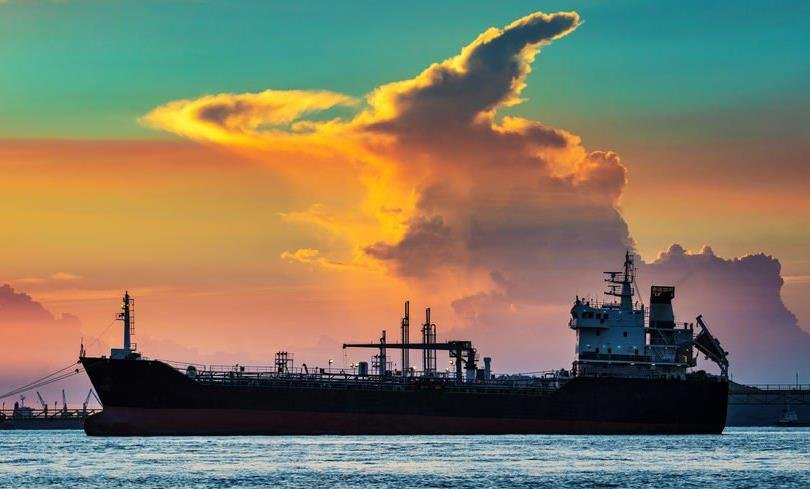Guyana, a small South American country with a population of about 800,000 people, is experiencing an unprecedented economic boom thanks to its vast offshore oil reserves. The country is projected to grow by 38% this year, according to the International Monetary Fund (IMF), making it the world’s fastest growing economy for the second year in a row.
The source of Guyana’s economic miracle is the Stabroek Block, a 6.6 million acre offshore oil reservoir off the country’s Atlantic coast. The block is estimated to hold 11 billion barrels of oil, according to ExxonMobil, the US oil giant that leads a consortium of companies exploring and developing the area.
Since 2015, ExxonMobil and its partners have made 22 discoveries in the Stabroek Block, with the first oil production starting in December 2019. The consortium plans to bring three more fields online by 2027, increasing the oil output from around 390,000 barrels per day this year to over a million barrels per day by 2027.

Guyana’s share of the oil revenue is expected to rise significantly as more fields come on stream and as the government renegotiates the terms of its contract with ExxonMobil. The current deal gives Guyana a 14.5% royalty and a 50% profit share after cost recovery, which has been criticized by some analysts as too generous for ExxonMobil.
Investing in Development and Governance
Guyana’s oil windfall has given the country an opportunity to invest in its long-term development and improve its governance. The country has passed laws to set up a sovereign wealth fund, which will manage the oil revenue and allocate it to various sectors such as education, health, infrastructure, and environmental protection.
The fund will also serve as a buffer against oil price volatility and help prevent the so-called “Dutch disease”, a phenomenon where a resource boom leads to an appreciation of the local currency and a decline in other sectors of the economy.
The IMF has praised Guyana’s efforts to establish a sound fiscal framework and strengthen its public institutions. The fund has also provided technical assistance and policy advice to help Guyana manage its oil wealth and diversify its economy.
However, Guyana still faces many challenges, such as political instability, social inequality, corruption, and environmental risks. The country’s recent elections in March 2020 were marred by allegations of fraud and violence, which took five months to resolve. The new government, led by President Irfaan Ali, has pledged to foster national unity and dialogue among different ethnic and political groups.
Guyana also needs to address its high poverty rate, which stood at 36% in 2017, according to the World Bank. The country has one of the lowest human development indicators in Latin America and the Caribbean, ranking 123rd out of 189 countries in 2020. The government has announced plans to increase spending on social programs and create more jobs for its young population.
Additionally, Guyana has to balance its oil development with its environmental commitments. The country is home to one of the world’s largest intact rainforests, which hosts a rich biodiversity and plays a vital role in mitigating climate change. Guyana has signed the Paris Agreement and has pledged to reduce its greenhouse gas emissions by 40% by 2030. The government has also vowed to protect its natural resources and promote renewable energy sources.
A Bright Future Ahead
Guyana’s oil boom has opened up new horizons for the country and its people. The IMF projects that Guyana will grow by an average of 20% per year between 2022 and 2028, making it one of the wealthiest nations in the region. BMI Research, a Fitch Solutions unit, expects Guyana’s real GDP to rise by about 115% in the next five years.
Guyana’s economic success story is attracting international attention and investment. The country has received support from multilateral organizations such as the IMF, the World Bank, and the Inter-American Development Bank. It has also strengthened its ties with regional partners such as Brazil, Suriname, and Trinidad and Tobago.
Guyana’s future looks bright as it harnesses its oil wealth for sustainable development and social progress. As President Ali said in his inaugural speech: “We are on the cusp of an era that holds great promise for our nation.”
